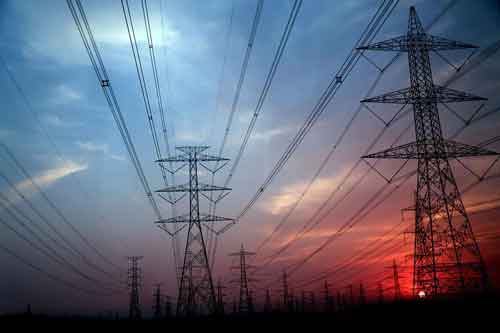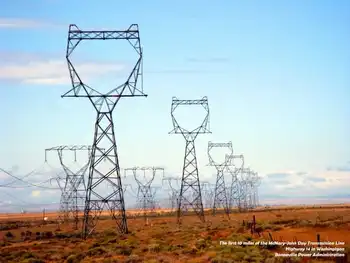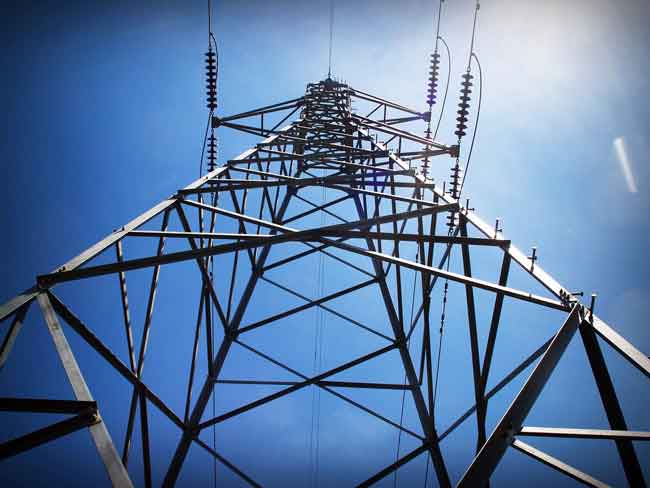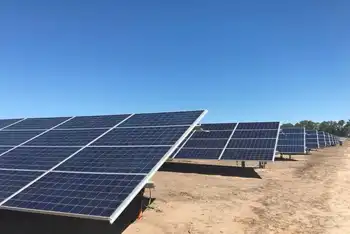Windstorm Causes Significant Power Outages
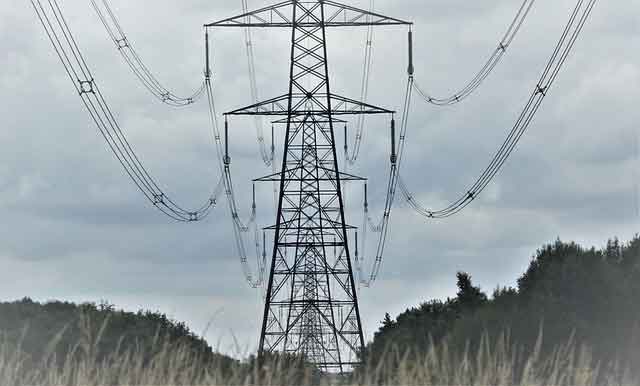
High Voltage Maintenance Training Online
Our customized live online or in‑person group training can be delivered to your staff at your location.

- Live Online
- 12 hours Instructor-led
- Group Training Available
Vancouver October 2024 Windstorm brought extreme weather to British Columbia, causing power outages, storm damage, and downed lines as BC Hydro crews led emergency response and restoration, highlighting climate change resilience and community preparedness.
Key Points
A severe storm with 100 km/h gusts that caused outages and damage in Vancouver, prompting wide power restoration.
✅ 100 km/h gusts toppled trees and downed power lines
✅ Over 200,000 BC Hydro customers lost electricity
✅ Crews and communities coordinated emergency response
In October 2024, a powerful windstorm swept through the Vancouver area, resulting in widespread power outages and disruption across the region. The storm, characterized by fierce winds and heavy rainfall, reflected conditions seen when strong winds in the Miami Valley knocked out power earlier this year, and was part of a larger weather pattern that affected much of British Columbia. Residents braced for the impacts, with local authorities and utility companies preparing for the worst.
The Storm's Impact
The windstorm hit Vancouver with wind gusts exceeding 100 km/h, toppling trees, and downing power lines. As the storm progressed, reports of damaged properties and fallen trees began to flood in. Many neighborhoods experienced significant power outages, mirroring widespread outages in Quebec earlier in the season, with thousands of residents left without electricity for extended periods. The areas hardest hit included the West End, Kitsilano, and parts of the North Shore, where the impact of the storm was particularly severe.
Utility companies, including BC Hydro operations, mobilized their crews quickly in response to the storm's aftermath. Emergency response teams worked tirelessly to restore power, often facing challenging conditions. The restoration efforts were complicated by the sheer number of outages reported—over 200,000 customers were affected at the height of the storm. Crews encountered not only downed lines but also hazardous conditions as they navigated through debris-laden streets.
Community Response and Resilience
In the wake of the storm, the community showcased remarkable resilience. Local residents rallied together to assist one another, sharing resources and providing support to those most affected. Many community centers opened their doors as emergency shelters, offering warmth and safety to those without power, a step also taken when a London power outage disrupted mornings for thousands across the city.
Authorities also emphasized the importance of preparedness in such situations. They urged residents to have emergency kits ready, including food, water, and essential supplies, noting that nearby areas like North Seattle can face sudden outages with little warning. Local officials highlighted the value of staying informed through weather updates and alerts, allowing residents to make informed decisions during extreme weather events.
The Role of Climate Change
The October windstorm serves as a stark reminder of the increasing frequency and intensity of extreme weather events, a trend often linked to climate change. Experts have noted that rising global temperatures are contributing to more severe weather patterns, including stronger storms and increased Toronto flooding events. As cities like Vancouver face the reality of climate change, discussions about infrastructure resilience and adaptation strategies have gained urgency.
City planners and environmental advocates are pushing for initiatives that enhance the city's ability to withstand extreme weather. This includes improving stormwater management systems, increasing green spaces to absorb rainfall, and investing in renewable energy sources. By addressing these challenges proactively, Vancouver aims to mitigate the impacts of future storms and protect its residents.
Moving Forward
As recovery efforts continue, the focus now shifts to restoring normalcy and preparing for future weather events. Residents are encouraged to report any ongoing outages or hazards to local authorities and to stay updated through reliable news sources. BC Hydro and other utility companies are committed to transparency, providing regular updates on power restoration efforts, even as outages can persist for days as seen in Toronto after a spring storm.
The October 2024 windstorm will be remembered not only for its immediate impacts but also as a catalyst for discussions on resilience and community preparedness. As Vancouver looks ahead, the lessons learned from this storm will shape strategies for better handling extreme weather, ensuring that the city is equipped to face the challenges posed by a changing climate.
In conclusion, while the windstorm caused significant disruption and hardship for many, it also highlighted the strength of community spirit and the importance of proactive planning in the face of climate challenges. Vancouver's response and recovery will be crucial in building a more resilient future for all its residents.






